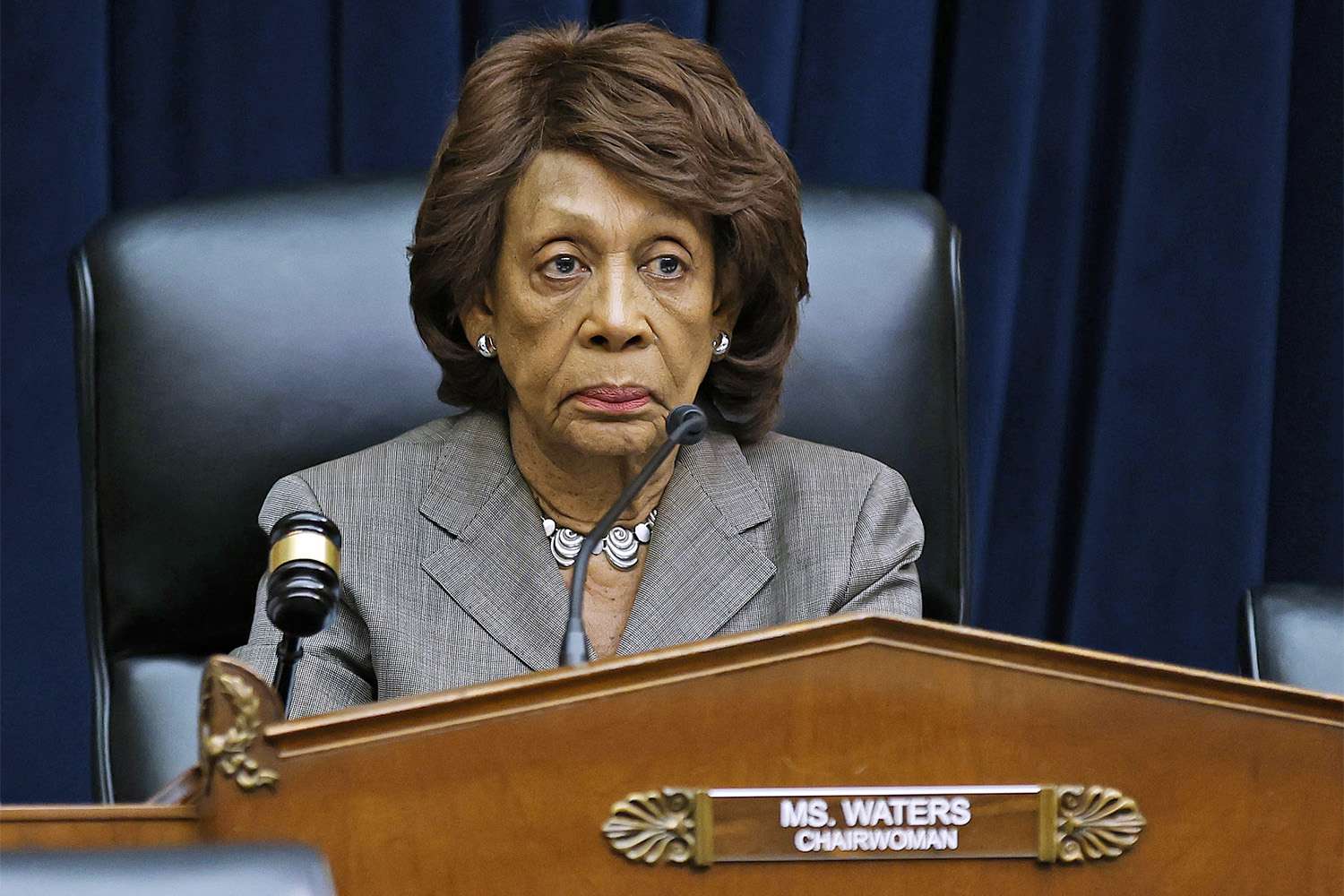WORLD
Maxine Waters Blames Kamala Harris’ Loss on Racism

In a recent interview, Representative Maxine Waters attributed the loss of Kamala Harris’ presidential bid to racism, sparking a new wave of political commentary. When asked by a reporter why Americans voted for her opponent, Waters responded simply: “Racism.”
Waters’ statement suggests that systemic racism continues to play a significant role in shaping the outcomes of American politics, particularly in high-stakes elections. This aligns with the broader argument that many racial and ethnic minorities face discrimination, not only in the voting process but also in their ability to break through political barriers at the highest levels.
Waters’ remarks reflect the frustrations of many political observers and activists who argue that the U.S. has yet to fully reckon with its history of racial inequality, which manifests in areas like electoral politics, media representation, and public perception.
Despite being the first woman of color to serve as vice president, Kamala Harris’ campaign faced significant headwinds, including racial and gender-based biases that many believe hindered her ability to connect with certain segments of the electorate. Waters’ response underscores the persistent role that race plays in American elections, especially when minority candidates run for top positions.
While Waters’ comment might be seen as an emotional response to a disappointing outcome, it raises important questions about how racism intersects with politics in the U.S. Throughout history, candidates from marginalized communities, especially those of Black and Latino descent, have had to overcome both overt and covert forms of racial prejudice.
Harris’ campaign, like those of other minority politicians, was not just a test of political ideas and policies but also a reflection of broader societal attitudes toward race, class, and identity. Waters’ criticism echoes the frustration felt by many who believe that the systemic barriers to racial equality are still deeply entrenched.
The topic of race in American politics is always complex and sensitive, with a range of perspectives on what role it plays in shaping electoral outcomes.
While some dismiss such claims, arguing that other factors—like policy positions or campaign strategy—are more important, others point to the long history of racial discrimination in the U.S. as a critical lens through which to understand the country’s political landscape.
Waters’ statement, though controversial, is part of an ongoing conversation about how race continues to shape the nation’s politics and the opportunities for marginalized candidates to succeed at the highest levels of government.



















You must be logged in to post a comment Login